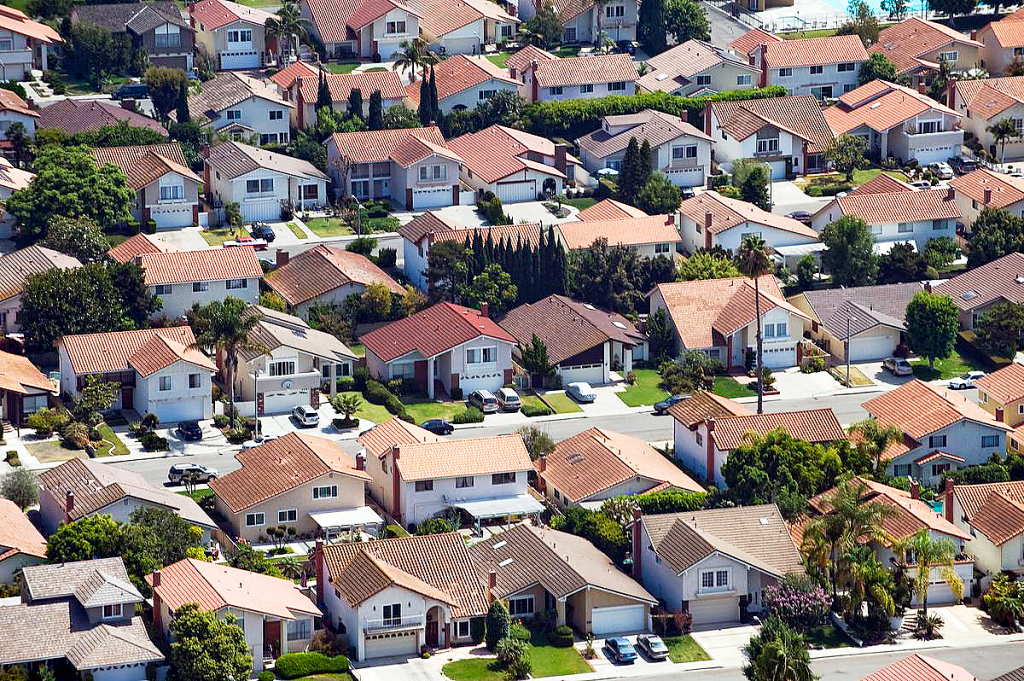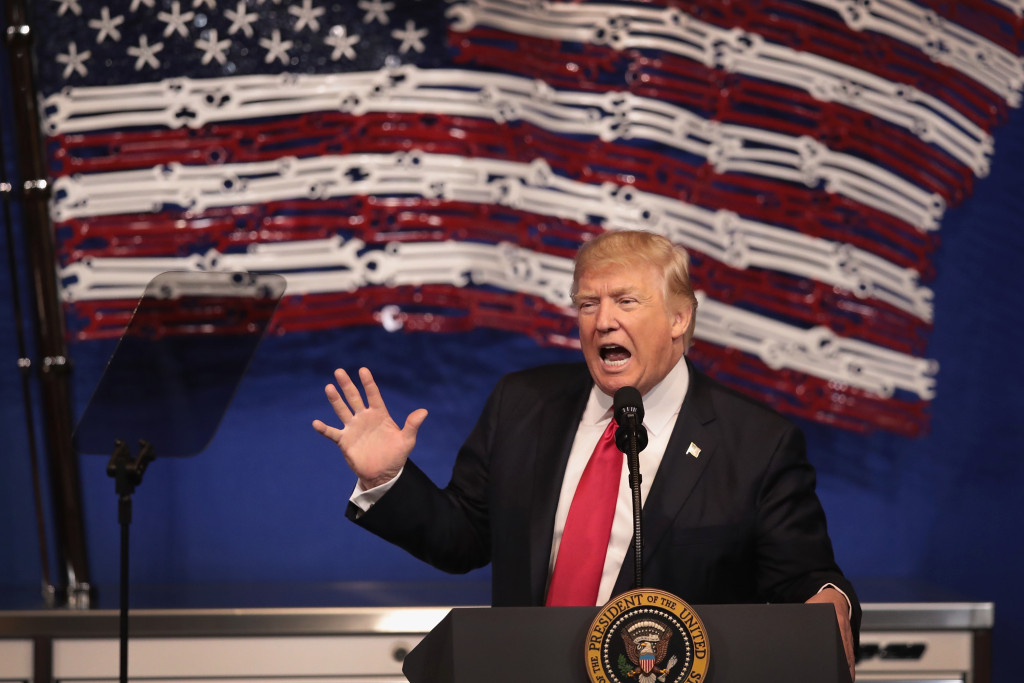If we’re going to be serious about lowering racial injustices, the nation’s uneven economic opportunities must also be discussed.
Nationwide protesting following the death of a Minnesota black man in police custody raises a host of questions about racial inequality, including a widening wealth gap that’s very apparent in housing. Just look at who owns the home they live in, as measured by the Census Bureau.
At the start of 2020, 65% of Americans were homeowners — down from 67% when the century started. Yet only 44% of African Americans owned their home in the first quarter vs. 45.7% at the start of 2000. It’s the largest decline among racial categories tracked.
White ownership has slipped, too, but narrowly: 73.4% now vs. 73.7% then. Hispanics, who trailed blacks in ownership in 2000, have seen their share rise from 45.7% two decades ago to 48.9% in 2020. And for “all others” — largely Asians — the latest ownership level of 56% is up from 53.6% 20 years ago.
The lack of significant progress in homeownership this century is stunning especially when you consider all the effort put into creating residential real estate. This is really important because shelter is typically a household’s biggest expense. Ownership, if nothing else, can deliver a healthy dose of economic stability.
But the sad fact is it’s become too easy — and too profitable — for too many people to accept that homeownership is something for the “well off.”
Nothing will alter the basic fact that ownership requires a steady income. But look the typical black worker who draws a salary roughly one-quarter smaller than an average white employee. And black unemployment has run, on average, five full percentage points above the white jobless rate this century.
These workplace differences can be tied to everything from education achievement and workplace skill levels to the choice of occupations. And, yes, racism applies here, too.
Regardless of the cause of paycheck variances, it adds up to a nation where a typical black household is 60% more likely to be a renter than a typical American.
Renter’s lament
Now ownership isn’t for everybody.
It’s not a guaranteed path to riches, but owners overall are wealthier than renters. And ownership’s perks are part of that equation.
Plus, let’s politely say that renters, no matter their demographic profile, are not a favored slice of the populace when it comes to housing policy. The economic scales have long been tipped in ownership’s favor.
Consider the recent housing aid offered to ease the economic fallout from coronavirus “stay at home” orders. By the way, this pandemic has killed black Americans at nearly twice the rate of others.
Let’s start with breaks handed out for skipping the monthly house payment.
Yes, many landlords allowed renters to pay late, thanks in part to government nudges. And there were government-inspired eviction moratoriums that gave tenants some housing security. But payment shortfalls in many cases will have to be made up quickly by tenants.
Compare that to what owners were offered.
Folks with mortgages in financial trouble got somewhat similar grace for skipped house payments by lenders, thanks to some government intervention. But repayment plans can be as generous as placing missed payments at the end of the mortgage. That could mean nothing’s repaid for decades.
Owners additionally benefitted from the Federal Reserve cutting the interest rates it controls. Also, the central bank became buyers of mortgage-backed bonds. This pushed mortgages rate to historic lows — yes, that could help a renter wanting a house, too. But mostly, these cuts gave existing owners a shot at lowering housing expenses by refinancing their loans.
Plus, the Fed and mortgage regulators also made it easier for “servicers” — companies that collect loan payments — to deal with the wave of late payments that have occurred. No comparable aid has been provided to tenants’ landlords juggling tardy rent checks.
Rigged for ownership
All of this financial tinkering was conceived as a way to prop up the housing market during what’s hopefully a short-lived economic calamity created by efforts to slow a pandemic’s spread.
Housing help is a somewhat understandable urge. It’s a huge chunk of the broad economy and if it suffers, other businesses hurt, too.
However, it’s another example of how the housing system is rigged toward ownership.
It starts with huge federally backed institutions — such as the Federal Housing Administration, the Veterans Administration, Freddie Mac and Fannie Mae — powering much of the mortgage market
Then there’s the tax code. An owner’s monthly payments can create tax breaks for interest and property taxes paid. When a property’s sold, much of the profits may be sheltered from taxes, too.
Let me be clear: None of homeownership’s fiscal advantages have anything to do with race. But black people, decidedly underrepresented as owners, miss out on this favoritism.
No easy solution exists. Especially if you try to imagine housing without all this government support — or interference, depending on one’s viewpoint.
We know crazy-easy lending — both from government motivation and private-industry “innovators” — certainly was not a sustainable path to ownership earlier in the century. Somehow, new thinking must be found.
Should we retool ownership’s overly generous financial benefits? Subsidize more renters? More rent control? Break up real estate monopolies? Overhaul antiquated government oversight, construction methods and/or real estate transaction systems?
Did I mention building more “affordable” housing, for rental or ownership?
Are there industry leaders who’ll promote new paradigms? Developers who’ll build less-profitable projects? Neighbors who’ll embrace denser housing added to their communities? The political will to support any such revolution?
Cutting housing costs and creating more equitable shots at buying one’s home will help all Americans. But it’s incredibly important to black Americans — the least likely to own.










